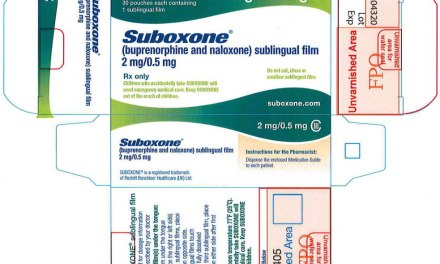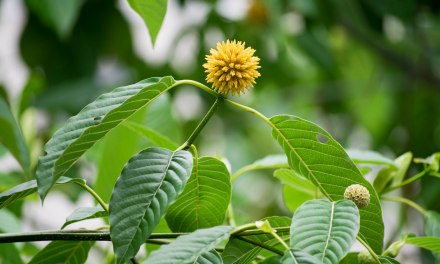In many states (including mine), Opioid Use Disorder (OUD) can be found among the conditions that qualify someone for enrollment as a medical marijuana patient. I’m not sure how that came about; personally, I don’t see the relationship between opioids and pot, the way I do for methadone or buprenorphine (opioids themselves).
For me, it’s counter-intuitive, since so many of the OUD patients I’ve run into report regular use of marijuana since their early teens. It doesn’t seem to have had any positive impact on their opioid use — which began a few years later, and remains heavy and persistent.
Nonetheless, we find OUD stuck between “Obstructive Sleep Apnea” and “Painful Peripheral Neuropathy” in the State-approved list of qualifying conditions for medical marijuana. I’m told some commercial cannabis vendors have been quicker than quick to claim a larger role for pot in the treatment of opioid clients.
So should we be offering med marijuana cards to people in addiction treatment, as a way to prevent relapse to opioids? The debate has begun.
Fortunately, science can help. This comes from researchers at the University of Sydney (Australia), in the form of results from a very long-term study of people with opioid disorders who also report use of cannabis. The outcome:
No evidence cannabis reduces long-term illicit opioids use, study finds
It was quite a study. A sample of “…615 people with heroin dependence, many of whom also used cannabis, over 20 years.” I was impressed. It’s so difficult to follow people with substance disorders over that long a span in their lives.
Heck, it’s enough of a challenge to locate them for a follow-up contact 60 days after they left rehab.
Chronic heroin users do not lead a very stable lifestyle. They’re likely to move around, change cities, become homeless – it requires effort and luck to maintain contact with even half.
These researchers were able to interview their subjects at 90 days, then again once a year over the next three years, and finally, at the 10 and 20 year marks.
They found no clear correlation between cannabis use and a lessening of opioid dependence. In fact, the study’s lead author makes it a point to state that “…clinicians and policymakers should not rely on cannabis to reduce problematic opioid use in the context of growing access to cannabis products, with the global shift towards legalisation and recognition as a therapeutic product.”
Oh well. I guess it’s back to the drawing board.












